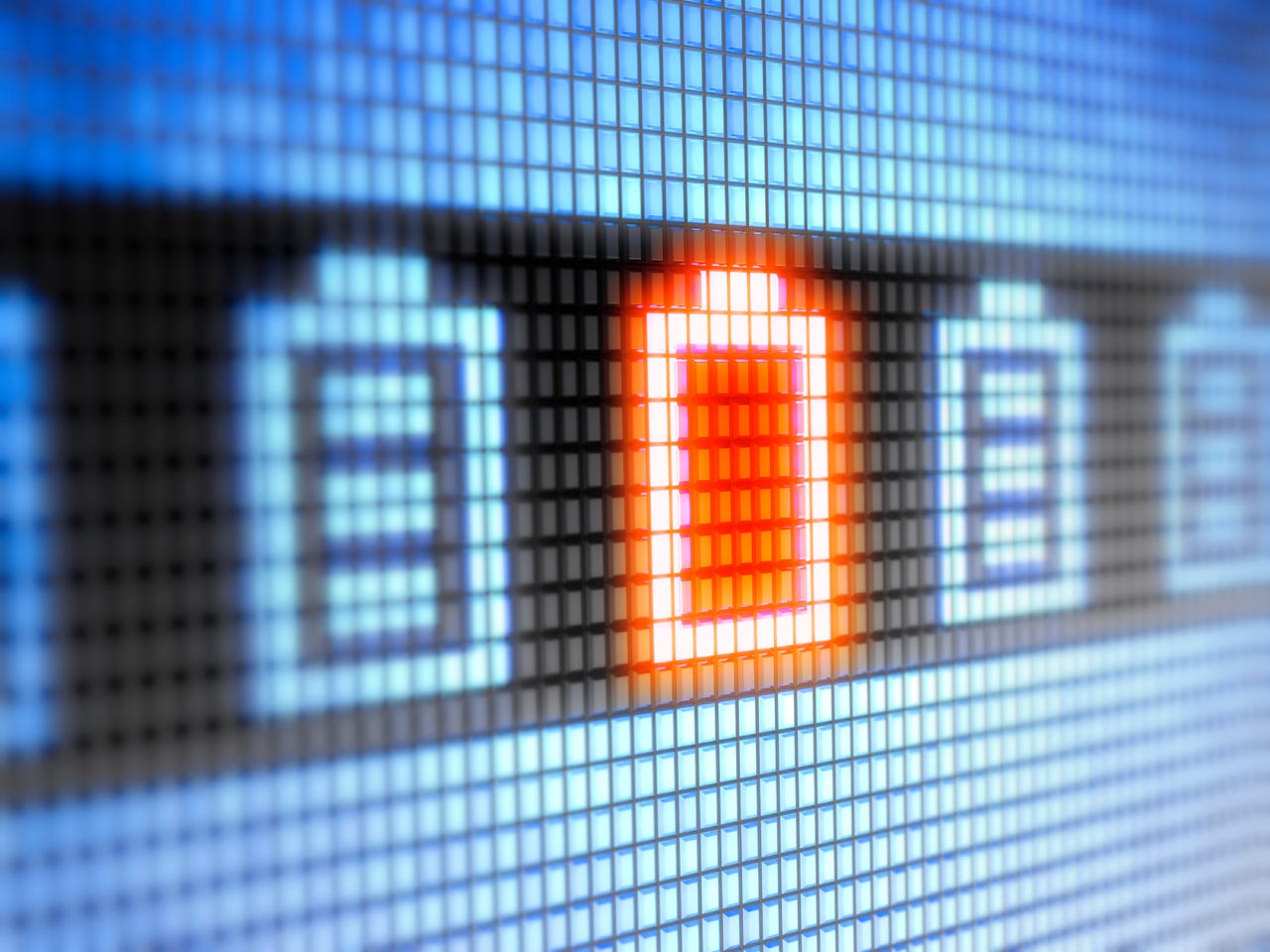Google's Motorola battery patents up for grabs but it's IBM that keeps patent crown


Google looks to auction off battery patents as smartphone industry gets competitive over power usage.
Google is selling over 200 battery patents that it inherited through its 2012 acquisition of Motorola.
The search company is taking bids for 138 US patents and 69 foreign counterpart patents covering six categories of battery technology, including charging, chemistry, packaging, manufacturing, hardware, and hybrid batteries.
The hardware category includes technologies such as inter-battery connectors for cells in electrical vehicles.
Google's battery patent auction is detailed in a sales document obtained by Fortune.
Google acquired Motorola in 2012 for $12.5bn, largely to boost its mobile patent holdings to protect Android from being buried by lawsuits.
Oracle had sued Google for patent and copyright infringement in 2010 over its use of Java code in Android, while Microsoft tied the vast majority of the Android hardware ecosystem into patent licensing agreements.
Google then sold the handset business to Lenovo in 2014 for $2.91bn, though kept most of its patent portfolio, some of which is now for sale.
The sale also comes as the smartphone industry looks to battery technology to gain an edge on rivals. But while Google exited the handset-making business, it still requires batteries for a number of its other hardware projects related to medical devices, robotics, and most notably electric and autonomous vehicles.
There's also Project Loon, which requires power to bounce LTE signals to ground networks from 20km in the atmosphere, though it's reportedly working with US firm AllCell Technologies, which wraps lithium-ion batteries in wax and graphite to improve performance in sub-zero conditions.
The patent sale document highlights that the lithium-ion battery market for electric vehicles alone is expected to be worth $7.6bn by 2020.
As Fortune points out, given Google's ongoing hardware projects, the sale likely does not mean that Google is dropping out of the race to find better batteries. Rather, it's offloading patents it doesn't need. Other tech companies searching for better batteries include Apple, BlackBerry, IBM, Qualcomm, Samsung, and Tesla, among others.
At a broader level, Google has become one of the most active participants in the patent business and is one of the largest patent recipients, having been granted 2,835 US patents in 2015, placing it fifth among tech companies.
IBM announced yesterday that for the 23rd year running it had retained its spot as the top recipient of US patents, notching up 7,355 patents last year. It was followed by Samsung, Canon, Qualcomm, and Google. Other companies in the top 10 include Toshiba Sony, LG, Intel, and Microsoft.